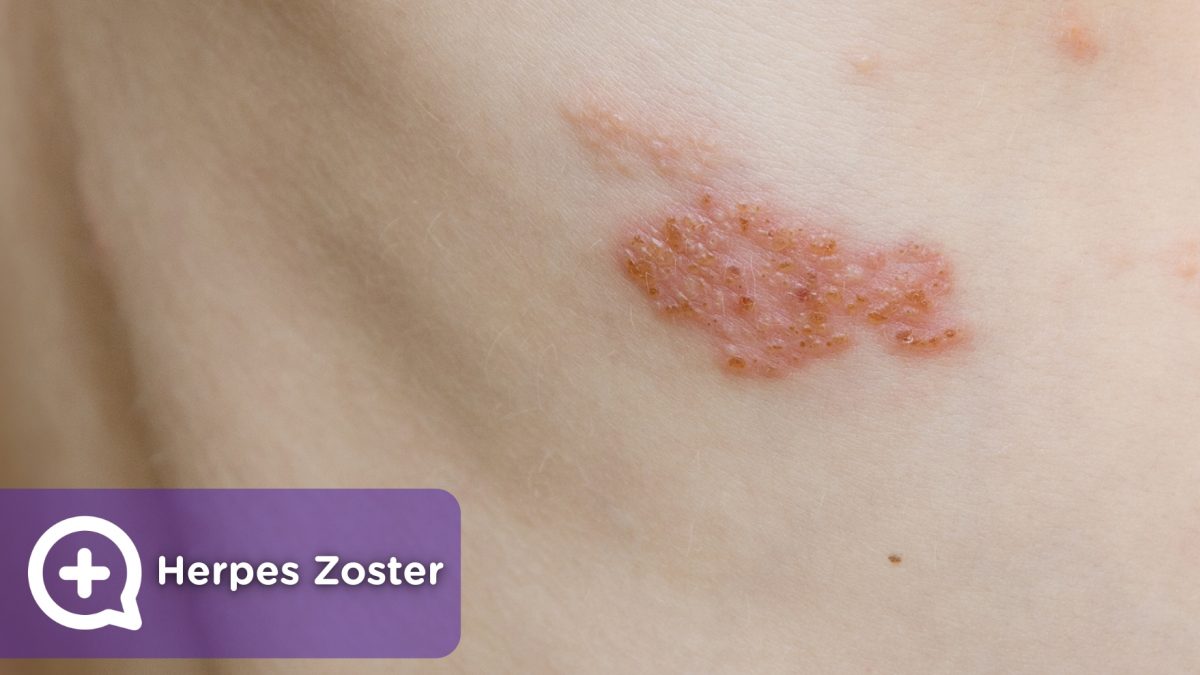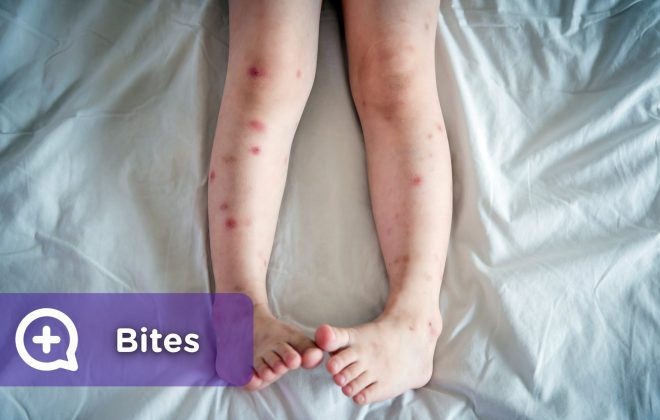Have you noticed that you have a rash that starts to bother you more than normal? Do you think that it could be a few little pimples on the skin? Pay attention, because this may be the beginning of the Herpes Zoster virus. Surely you had chickenpox when you were a child. Chickenpox is a very contagious infection caused by the varicella zoster virus. In fact, 95% of the population over the age of 20 has suffered from it.
Once the varicella is cured, the virus remains dormant in the ganglia nerve, where the immune system keeps it under control. We may never hear from his again, but in certain circumstances, the chickenpox virus can reactivate and reappear as a nerve, leading to a disease called herpes zoster, also commonly known as “shingles” or “Fire of San Antonio”. It occurs in one of four people who have had chickenpox and can appear in both men and women.
What happens when the Zoster virus is reactivated?
Unlike chickenpox in which the whole body is filled with blisters, in shingles or herpes zoster, a skin rash appears that occurs on only one side of the body, neck or face, right along the area of the affected nerve. The symptoms are usually pain and burning. After a few days, the rash turns to fluid-filled blisters. After ten days they open and crust, and after around 2 or 4 weeks, they heal and fall off. It is usually not serious, but it is annoying.
There are factors in its reactivation: if you are over 60 years of age, have a weak immune system (for example, due to HIV infection, a transplant, cancer treatment, stress, etc.).
These are the main symptoms (they may be more acute in older people):
- Pain, burning or tingling (may appear before the blisters)
- Sensitivity to touch
- Blisters
- Itching
Other symptoms that can occur in some cases are:
- General discomfort
- Fever
- Headache
- Fatigue
Complications of Herpes Zoster
- Postherpetic neuralgia: Although the skin lesions heal, the damaged nerve may remain damaged long after, causing pain for years.
- Vision problems: it can happen when the herpes appears in the eye. In severe cases, it can cause blindness.
- Cutaneous infection: when the lesions are infected by bacteria.
- Facial paralysis, balance or hearing problems: can occur when the herpes affects several nerves of the face that connect with the brain.
- Encephalitis or meningitis: occurs in very serious cases in which an inflammation of the brain or spinal cord occurs.
Treatment
Although herpes zoster cannot be cured, the first thing the doctor will do is prescribe antiviral drugs such as acyclovir, valaciclovir and famciclovir to stop the multiplication of the virus. This medication is only effective if it is taken in the first 72 hours. Therefore, it is very important to consult the doctor when the first symptoms appear.
In addition, there are other products that can provide relief: anti-inflammatories such as ibuprofen, analgesics for pain (aspirin is not recommended for children and adolescents), antihistamines to treat stinging, zinc-based products to dry the lesions and creams, gels or lidocaine patches to reduce pain.
Prevention
There is no way to 100% prevent the reactivation of the virus, but there are vaccines that can help prevent the spread of chickenpox and thus prevent the virus from entering our nervous system:
- The varicella vaccine (Varivax) is recommended in children and adults who have not had chickenpox. It reduces the likelihood of complications and the severity of the disease.
- Zostavax protects against the virus for five years and Shingrix, whose duration is longer.
*Content validated by the mediQuo medical team.



